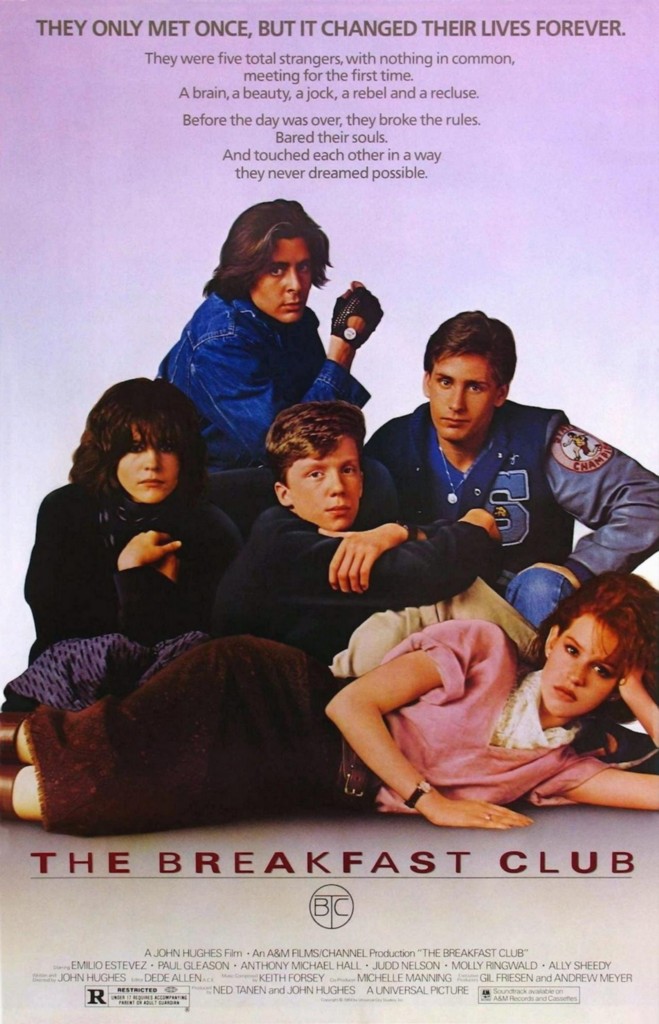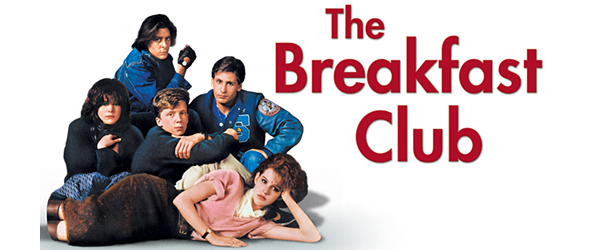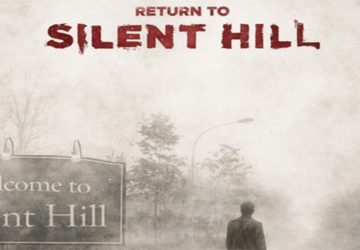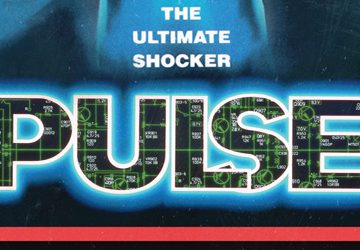On February 15, 1985, the insightful American “coming of age” film the Breakfast Club burst upon the silver screen. Regarded as the best high school drama and a strong addition to film history, Writer and Director John Hughes used stereotypes to define the adolescent experience. With insightful casting, Hughes created icons of his young stars, many of whom became known as members of the Brat Pack (along with Rob Lowe, Andrew McCarthy, and Demi Moore.)
An impact film from 1985, The Breakfast Club featured a stellar cast of actors who were making a big splash during the decade on the silver screen. Very often, in many Hollywood films, the cast of teenage parts are seldom actual actors/actresses of teenage years, and in The Breakfast Club this remains true to an extent. The role of bad boy non-conformist John Bender with zeal is assumed by, at the time, a twenty-five year old Judd Nelson (St. Elmo’s Fire 1985, The Boondock Saints II: All Saints Day 2009). His character harassed the others, especially the indulged social elite Claire Standish played by Molly Ringwald (Pretty in Pink 1986, Not Another Teen Movie 2001) who was actually sixteen years old. Then there is high school jock Andrew Clark (Emilio Estevez: The Outsiders 1983, Young Guns 1988) who was really twenty-two years old defending Claire while social outcast Allison Reynolds (Ally Sheedy: Short Circuit 1986, Home Alone 2: Lost In New York 1992), also really twenty-two years old, and nerdy Brian Johnson (Anthony Michael Hall: Weird Science 1985, The Dark Knight 2008), at sixteen years old, remained largely ignored.

Mirroring the segregation and stereotypes of teenagers forming cliques in high school, even the lunch choices of The Breakfast Club defines who they are. For example, the refined Claire set up a box with full sushi spread while athletic Andrew chowed on mounds of food. Troubled and lunch-less, Bender teased Brian about his Thermos of soup and PB&J sandwich, sans crusts, while Allison made a mess with breakfast cereal and dandruff. As simple as it may sound, these types of things open the group up to reveal insights into their home lives leading to a powerful scene where Bender acted out a typical evening of domestic abuse, revealing cigarette burns on his arms as proof. Andrew reveals, “Everyone’s homelife is unsatisfying. If it wasn’t, people would live with their parents forever.” Later he admits he cannot think for himself and was pushed by his father, as is Brian by his family, for straight A grades. On the other hand, Allison is ignored by her family, and Claire finds herself an unwitting pawn in her parents’ domestic struggles.
Furthermore, The Breakfast Club examines peer pressures, from smoking pot to sexuality, maintaining social statuses, and how it affected different people in the microcosm of school life. When given an actual opportunity to get to know one another, the group lets their walls down and discover a great deal internally and externally. This is seen when the group worked together to “escape” from detention in what is known as the Scooby Doo running scene. Later on they danced and revealed the reasons for their “incarceration” on what is supposed to be a day off from school. Claire admits to ditching school to shop, Andrew confesses he assaulted a fellow student, taping his buttocks together in a hazing-type prank, Allison had nothing better to do, but Brian’s reason is the most shocking. He breaks down to state he brought a flare gun to school, with intent to commit suicide. No stranger to the detention scene, Bender pulled a fire alarm, and with a “See you next week” to the janitor, revealed his intention to revisit The Breakfast Club.
The group learns, “So I guess we are who we are for a lot of reasons, and maybe we’ll never know most of them,” and “We’re all pretty bizarre; some of us are just better at hiding it is all.” Throughout the day, social walls tumbled and, for the time, friendships and romances formed. Among the events that unfold, Claire helps Allison reveal her beauty with a makeover, which impresses Andrew. After explaining the pressure placed on her to lose her virginity, Claire shed a bit of her wholesome image by kissing Bender. As a remembrance, she gave him her diamond earring, leading to a standout scene before the credits roll. At the end of the day, Brian innocently asked if they would talk at school on Monday. Heartbreaking and honest, Claire says “No,” and adds, “What would people think?” The awful truth about high school, they would most likely return to their cliques inflicted by outsiders and themselves. Yet, the message of The Breakfast Club is perhaps growing as a human to learn wisdom, empathy, and compassion for others.
It bears mentioning The Breakfast Club followed the success of Hughes’ Sixteen Candles released in 1984. As a result, audiences clamored to see more of Molly Ringwald and Anthony Michael Hall. Entertainment Weekly named The Breakfast Club the best of the top 50 High School films. It cost about $1 million to make, and its box office and DVD returns were in excess of $51 million. The film unquestionably helped launch the careers of its young stars and each actor/actress has sustained stellar careers in film. As well as writing and directing the R-rated movie, John Hughes had a cameo, acting as Brian’s father at the conclusion of the adventure. Interestingly, in the final scene of the film, while the others drove away to rejoin their lives, Bender raises his fist in triumph as he walks across the football field, a classic ’80s scene no one will ever forget.

Like many films from the era, music was a backbone for the atmosphere. Keith Forsey presented a Pop music score for the movie that became instantly identifiable. In fact, he wrote the Simple Minds hit “Don’t You Forget About Me,” which became the identifying anthem for the movie and for a generation. The song was offered to Billy Idol and Bryan Ferry who both turned it down. While different from anything else Simple Minds has ever recorded, they performed the song, and it became their only massive hit. Interestingly enough, in 2001 Billy Idol did include “Don’t You Forget About Me” as a bonus track on his “greatest hits” album.
Although times have changed, The Breakfast Club remains a poignant, enduring, relatable, and witty movie. It speaks to the 1980’s that Brian landed in detention instead of jail for his infraction, but the movie took place before mass school shootings were common-place. The film not only outlines issues that in a sense follow people their entire life; social status. Brian’s essay says it all, “In the simplest terms, in the most convenient definitions, we are a brain, an athlete, a basket case, a princess, and a criminal.” One hopes the kids of today would set aside their smartphones and differences to gain The Breakfast Club’s insights.







No comment